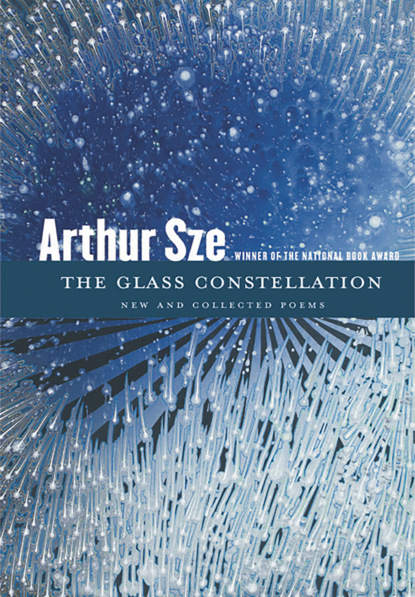The Moon Is a Diamond Flavio Gonzales, seventy-two, made jackhammer heads during the War; and tells me about digging ditches in the Depression for a dollar a day. We are busy plastering the portal, and stop for a moment in the April sun. His wife, sick for years, died last January and left a legacy—a $5,000 hospital bill. I see the house he built at fifteen: the ristras of red chile hanging in the October sun. He sings “Paloma Blanca” as he works, then stops, turns: “I saw the TV photos of the landing on the moon. But it’s all lies. The government just went out in the desert and found a crater. Believe me, I know, I know the moon is a diamond.” Listening to a Broken Radio 1 The night is a black diamond. I get up at 5:30 to drive to Jemez Pueblo, and pass the sign at the bank at 6:04, temperature 37. And brood: a canyon wren, awake, in its nest in the black pines, and in the snow. 2 America likes the TV news that shows you the great winning catch in a football game. I turn left at the Kiska store. And think of the peripatetic woman who lives with all her possessions in a shopping cart, who lives on Sixth Avenue at Eighth Street, and who prizes and listens to her broken radio. Moenkopi Your father had gangrene and had his right leg amputated, and now has diabetes and lives in a house overlooking the uranium mines. The wife of the clown at Moenkopi smashes in the windows of a car with an ax, and threatens to shoot her husband for running around with another woman. A child with broken bones is in the oxygen tent for the second time; and the parents are concerned he has not yet learned how to walk. People mention these incidents as if they were points on a chart depicting uranium disintegration. It is all accepted, all disclaimed. We fly a kite over the electrical lines as the streetlights go on: the night is silver, and the night desert is a sea. We walk back to find your grandfather working in the dark, putting in a post to protect peaches, watering tomatoes, corn, beans—making them grow out of sand, barren sand. Written the Day I Was to Begin a Residency at the Penitentiary of New Mexico Inmates put an acetylene torch to another inmate’s face, seared out his eyes. Others were tortured, lacerated with barbed wire, knifed, clobbered with lead pipes. I remember going to the state pen to see a performance of Beckett. I see two inmates play Hamm and Clov. Clov lifts weights all day, his biceps are huge. And Hamm, in a wheelchair with a bloody handkerchief, dark purple shades, is wheeled around and around in a circle in the gym: as guards watch, talk on walkie-talkies, slam doors, as a television crew tapes segments. I do not know whether these two inmates died or lived. But they are now the parts they played: locked in a scenario of bondage and desperate need, needing each other to define themselves. I tell myself to be open to all experience, to take what is ugly and find something nourishing in it: as penicillin may be found in green moldy bread, or as, in the morning, a child of the earth floating in a porcelain jar full of rainwater is something astonishing. But after the SWAT team has moved in and taken over the flotsam and jetsam of a prison, and the inmates are lined up and handcuffed to a chain-link fence, I figure their chances, without people caring, are “an ice cube’s chance in hell.” Gold Leaf Is the sun a miner, a thief, a gambler, an assassin? We think the world is a gold leaf spinning down in silence to clear water? The deer watch us in the blue leaves. The sun shines in the June river. We flit from joy to grief to joy as a passing shadow passes? And we who think the sun a miner, a thief, a gambler, an assassin, find the world in a gold leaf spinning down in silence to clear water. * Dazzled Reality is like a contemporary string quartet: the first violinist puts on a crow’s
